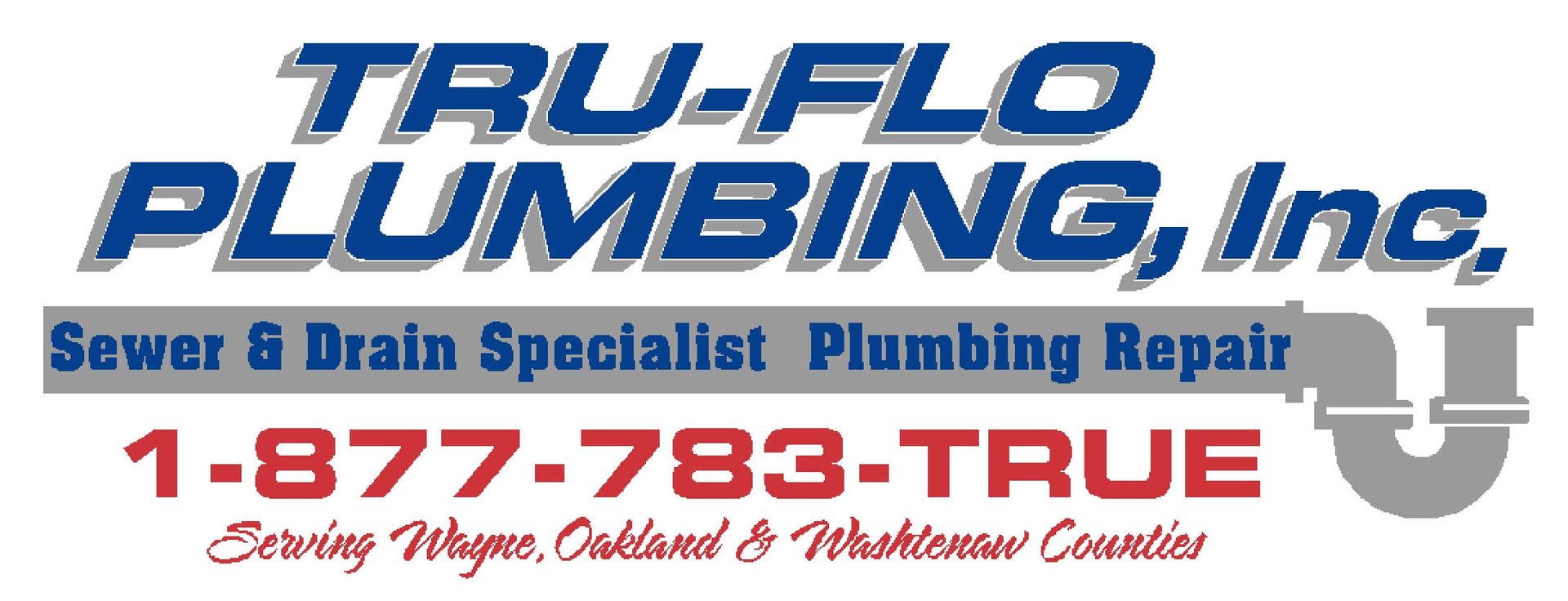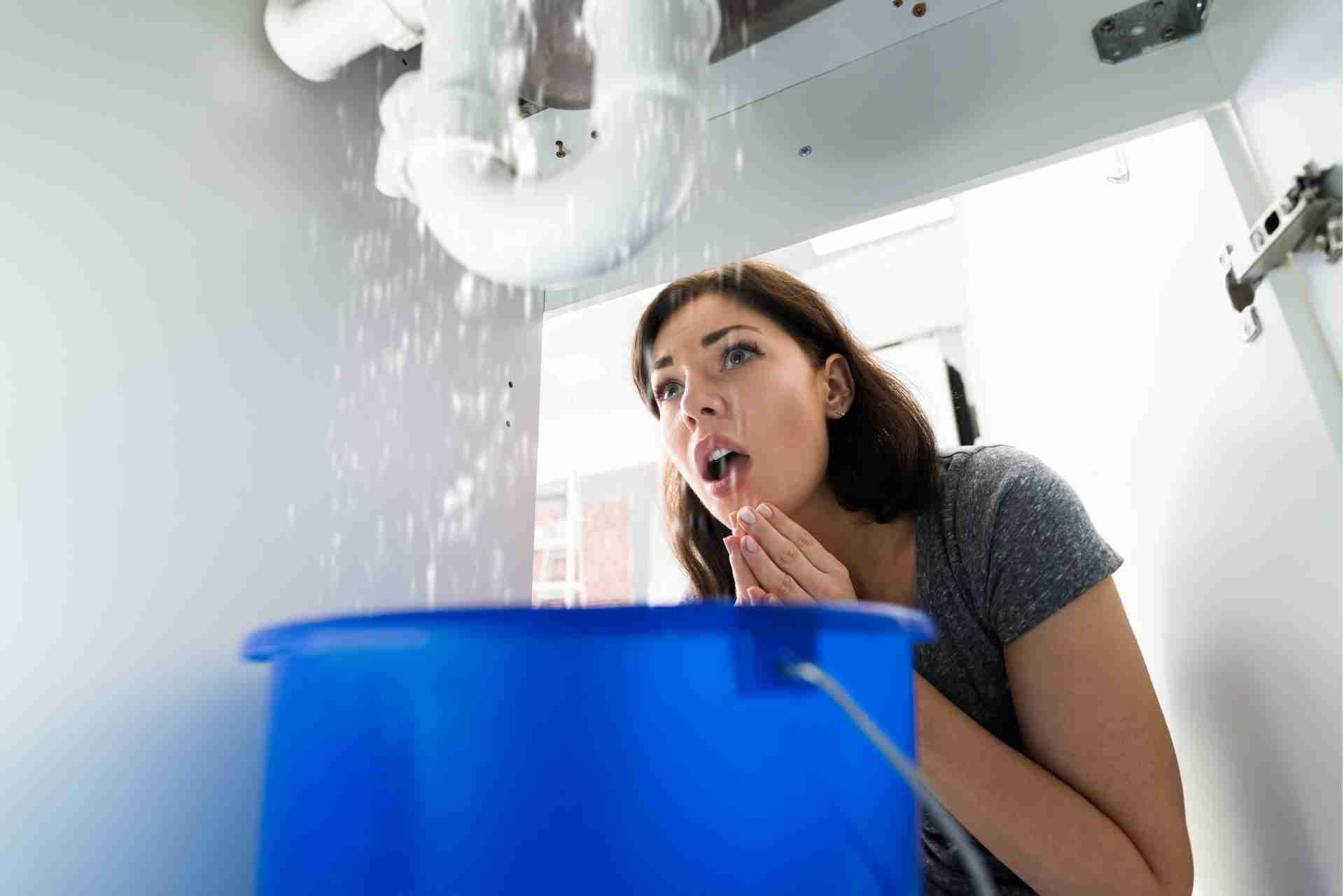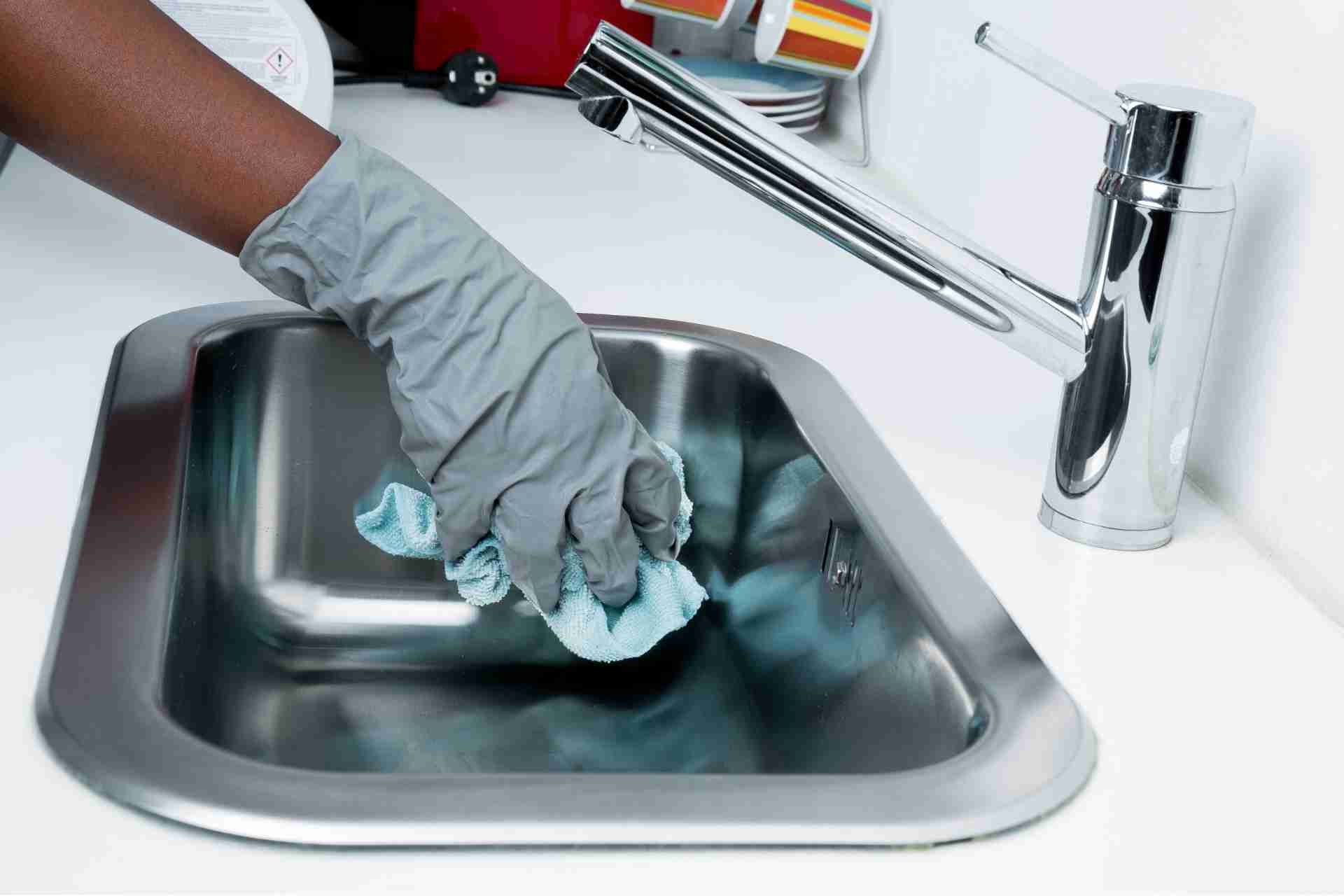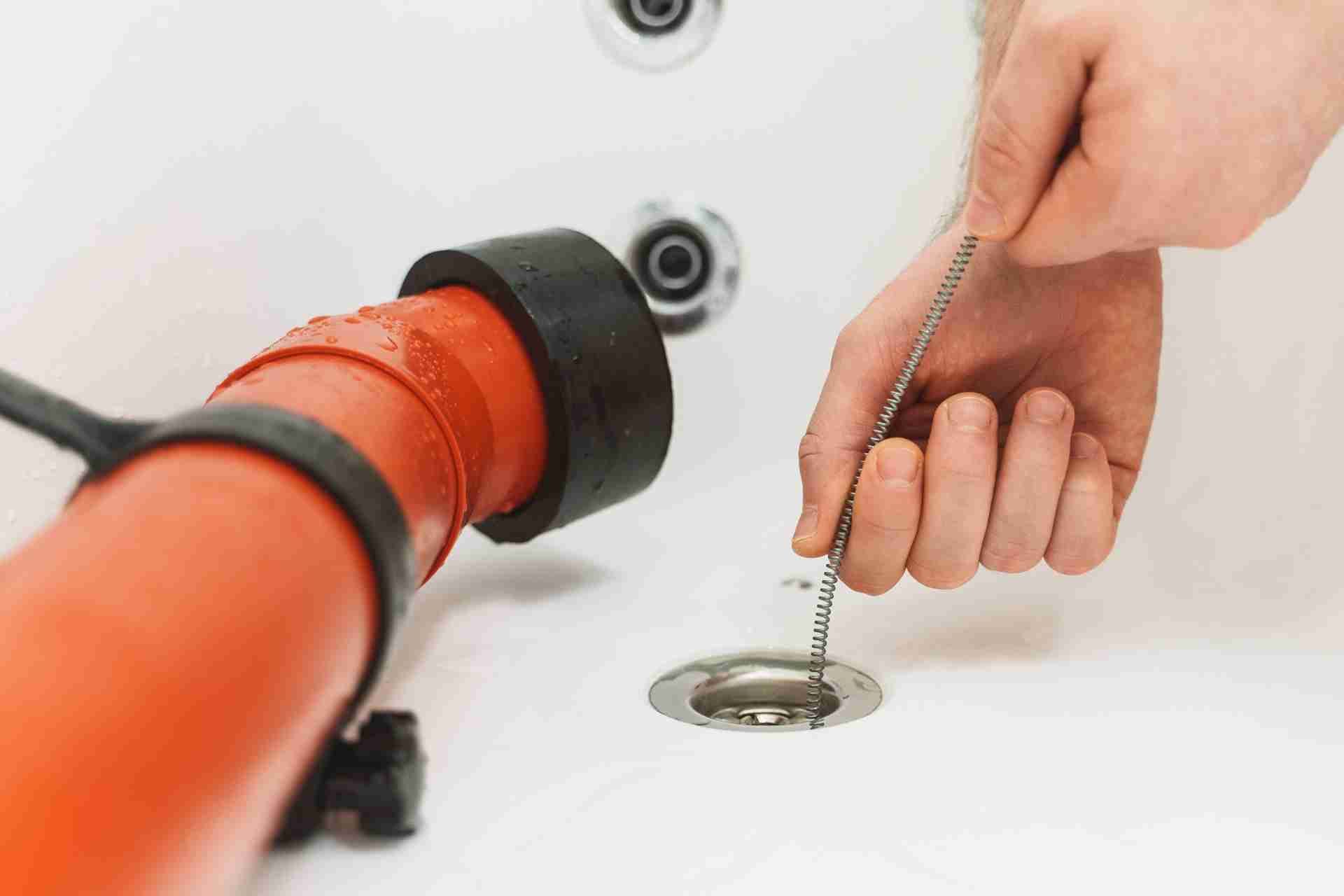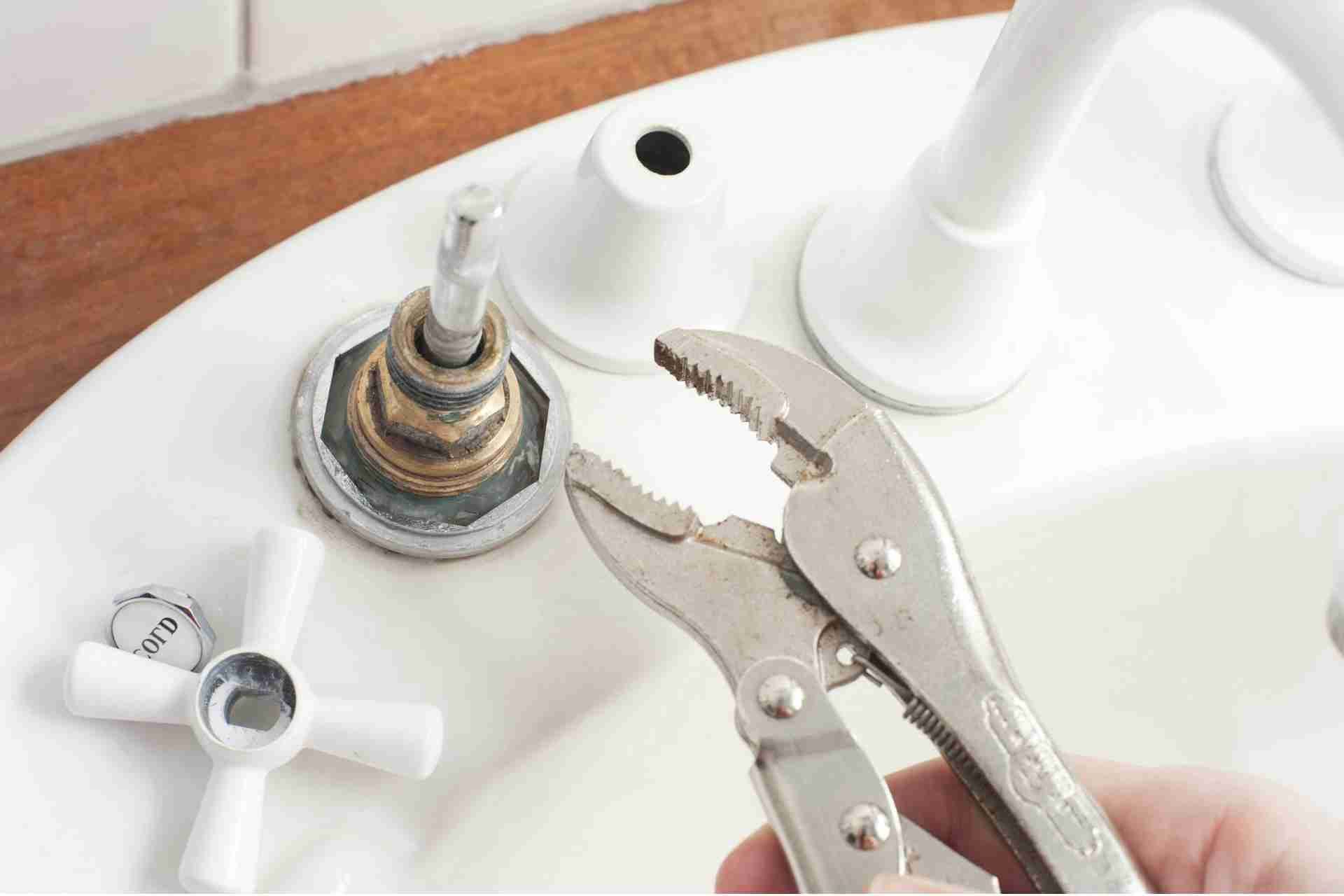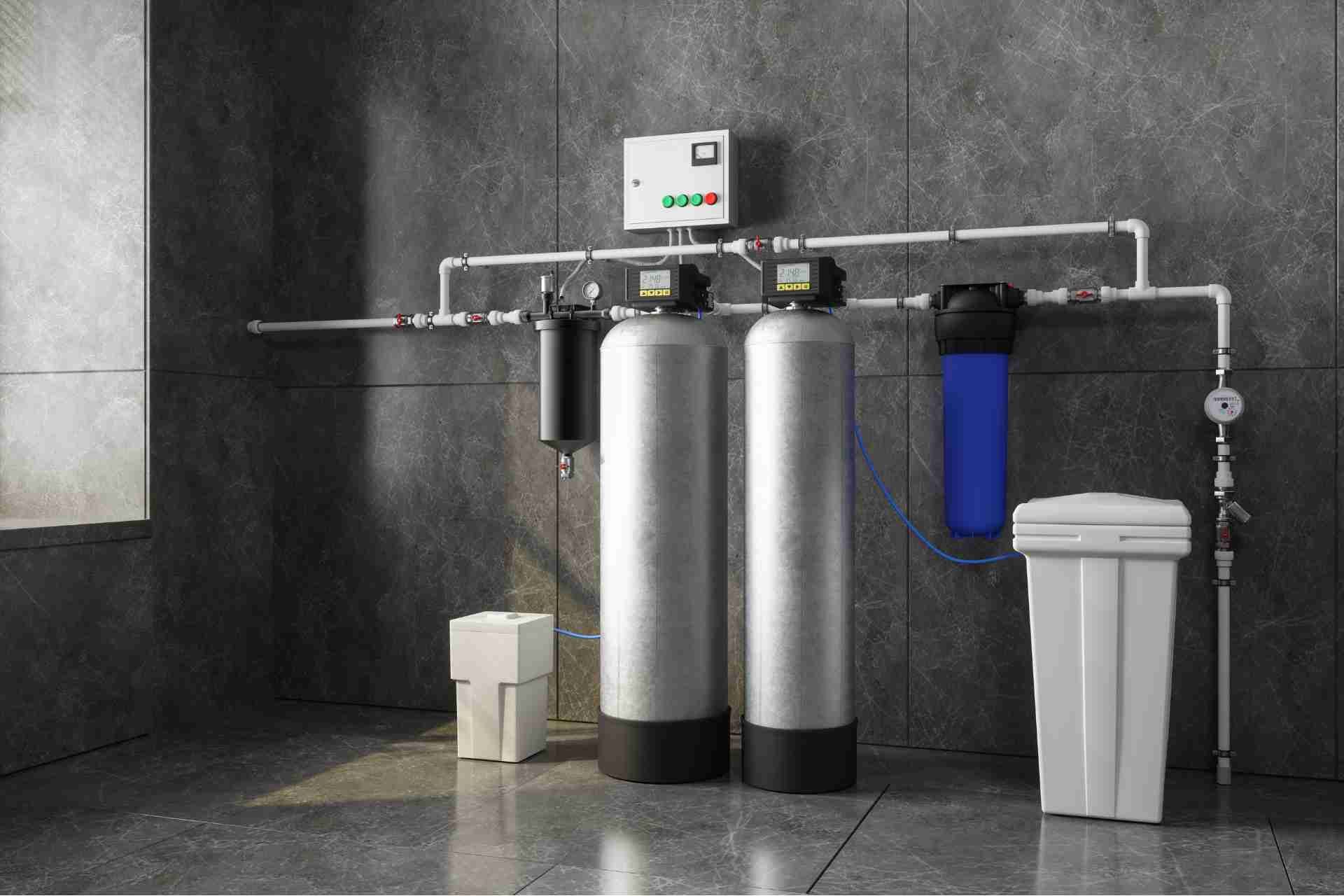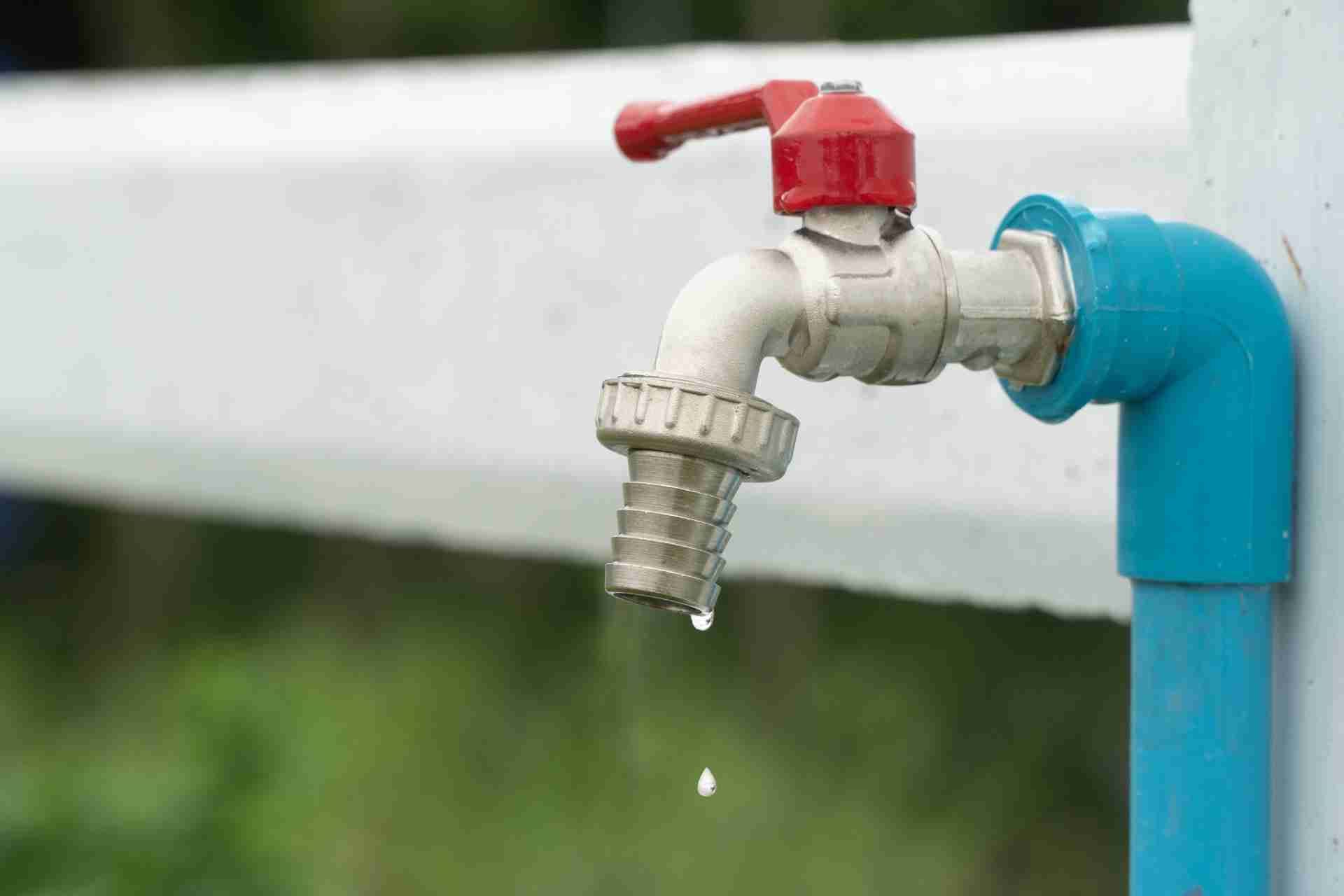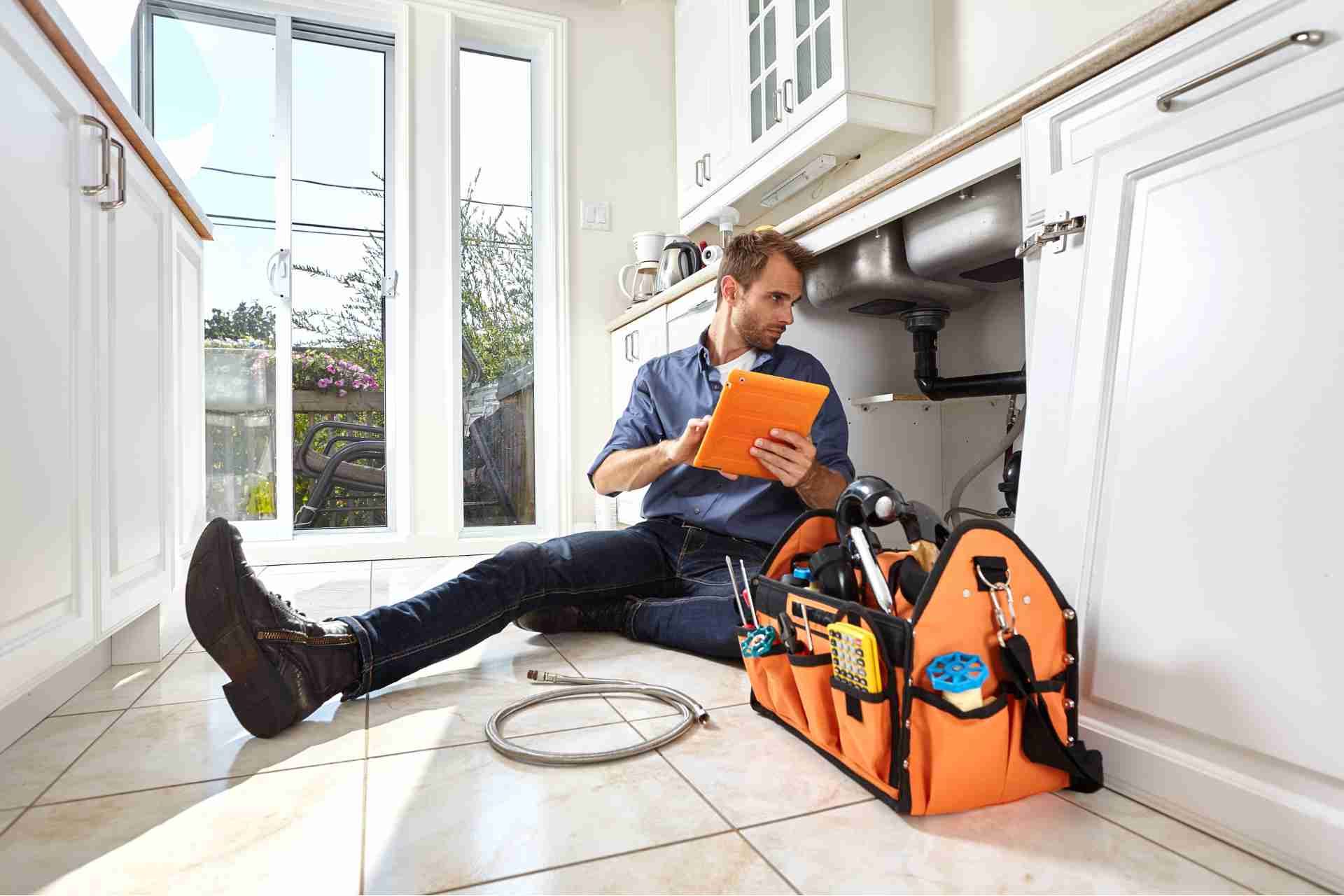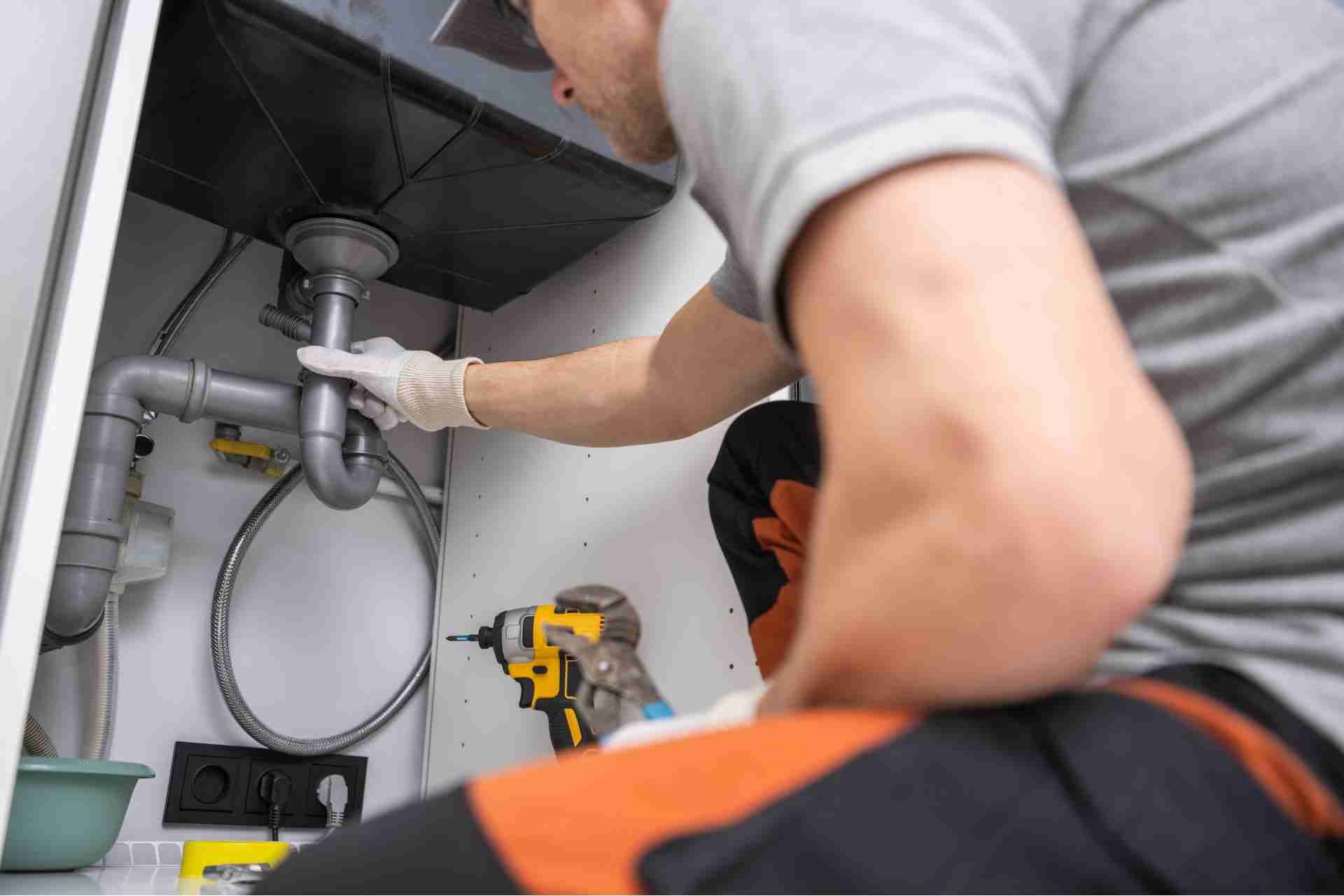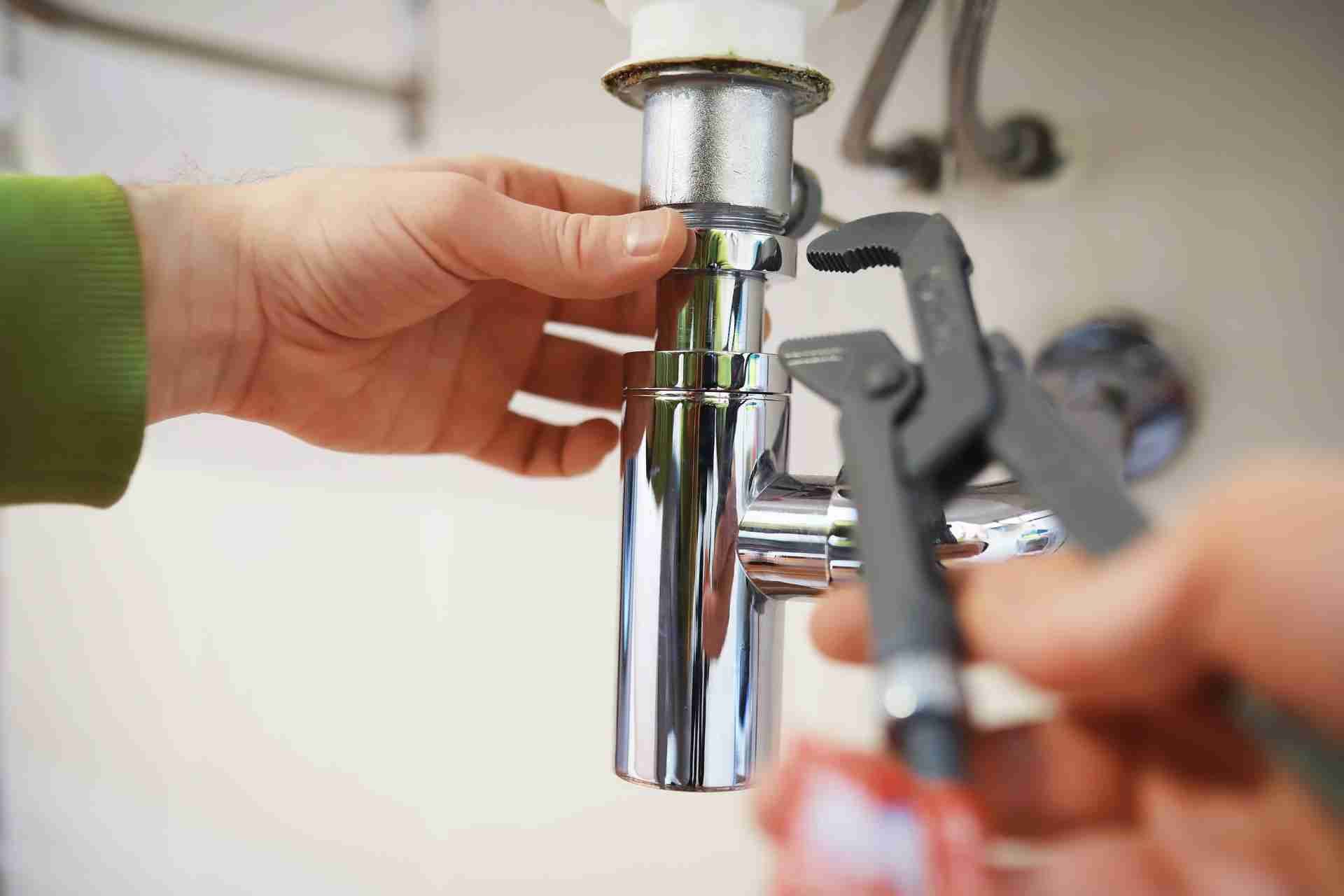Is Hard Water Damaging Your Pipes? Signs to Watch For
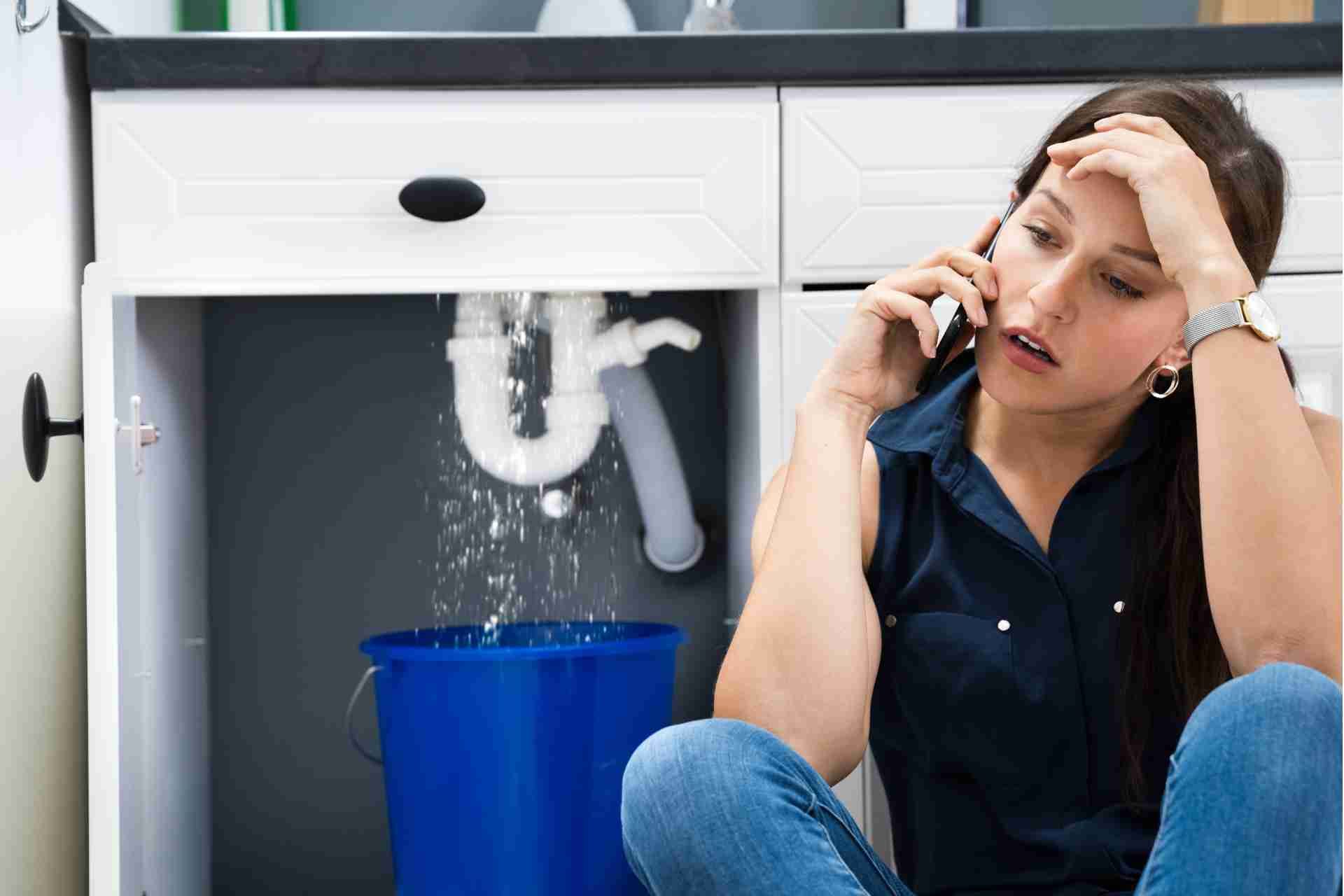
Hard water can quietly wreak havoc on your plumbing system if you're not paying attention. You might notice cloudy water, strange tastes, or even white deposits around your faucets. These signs often indicate mineral buildup that can lead to bigger issues down the line. Have you experienced decreased water pressure or odd noises coming from your pipes? Understanding these symptoms can help you take proactive steps to protect your plumbing. But what else should you be on the lookout for?
What Is Hard Water and How Does It Affect Your Plumbing?
Hard water, often a hidden culprit in many households, contains high levels of minerals like calcium and magnesium.
These minerals can accumulate over time, leading to various plumbing issues that you mightn't even notice at first. When hard water flows through your pipes, it can create scale buildup, narrowing the pipe's diameter and restricting water flow.
You may experience reduced water pressure or even clogs in severe cases. Additionally, hard water can damage water heaters and appliances, making them less efficient and shortening their lifespan.
To maintain your plumbing and prevent these issues, it’s essential to consider water softening solutions, which can help reduce mineral content and protect your pipes from potential damage.
Keep an eye out for signs of hard water!
Identifying Mineral Buildup in Your Pipes
Mineral buildup in your pipes can often go unnoticed until it starts to cause problems. To identify this issue, look for signs like cloudy water or a strange taste.
You might also notice white or yellowish deposits around faucets and showerheads, indicating mineral accumulation. Pay attention to any unusual noises when water flows through your pipes; gurgling or rattling sounds could signal buildup.
If you find your fixtures frequently clogging or have to clean them more often, it’s another red flag. Regularly inspecting your plumbing can help you catch mineral buildup early.
Decreased Water Pressure: A Warning Sign
Experiencing decreased water pressure can be a frustrating issue that hints at underlying problems in your plumbing.
If you notice a significant drop in pressure while using faucets or showerheads, it could signal mineral buildup from hard water. This buildup restricts water flow, making daily tasks like washing dishes or taking a shower more difficult.
You may also find that your appliances, such as washing machines and dishwashers, aren't functioning as efficiently. Ignoring these signs can lead to further complications, including potential leaks or bursts in your pipes.
Regular maintenance, such as descaling and installing water softeners, can help prevent these issues. Staying proactive about water pressure will ensure your plumbing system remains in good shape and functions properly.
Strange Noises From Your Plumbing System
If you've noticed decreased water pressure, you might also hear strange noises coming from your plumbing system.
These sounds can indicate hard water buildup, which affects your pipes. You may hear banging, which often results from water hammer—when water flow suddenly stops or changes direction.
Whistling noises could be a sign of mineral deposits restricting water flow, while gurgling sounds might indicate air trapped in your pipes.
If your plumbing is vibrating or humming, it may be due to loose fittings or high water pressure.
Don't ignore these signs; they may lead to more significant issues down the line. Pay attention to these noises, as they can help you identify potential problems early on.
Preventative Measures to Protect Your Pipes From Hard Water
Taking proactive steps can significantly protect your pipes from the damaging effects of hard water. Start by installing a water softener to reduce mineral buildup, making it easier on your plumbing.
Regularly check your pipes for leaks or corrosion; catching issues early can save you from costly repairs. Consider descaling your fixtures and appliances periodically to remove any mineral deposits.
You should also flush your water heater annually to maintain efficiency and prevent sediment accumulation. Additionally, use vinegar or specialized cleaners to treat faucets and showerheads.
Lastly, keep an eye on your water pressure; excessive pressure can worsen the damage caused by hard water. By taking these measures, you’ll extend the life of your pipes and improve your plumbing system’s overall performance.
Conclusion
In conclusion, keeping an eye on the signs of hard water can save you from costly plumbing issues down the line. If you notice cloudy water, unusual tastes, or white deposits, it’s time to take action. Don’t ignore decreased water pressure or strange noises, as they may indicate mineral buildup. By implementing preventative measures, you can protect your pipes and ensure a healthier plumbing system. Stay proactive to maintain your home's water quality and plumbing health!
